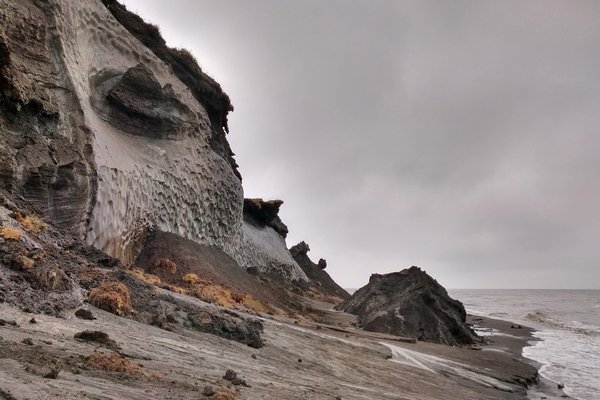
In years to come, the Arctic Ocean will absorb less CO2 than expected
We humans benefit from the oceans’ tremendous capacity to absorb greenhouse gases. Due to the low temperature of the water, the Arctic Ocean absorbs…
![[Translate to English:] [Translate to English:]](/fileadmin/_processed_/8/e/csm_Schannwell_Heinrich_Event_2023_3x2_02_05ef9933bf.jpg)
The effect of climate perturbations on the timing of Heinrich events
Throughout the last glacial period (ca. 65,000-15,000 years before present) periodic ice discharge events from the North American ice sheet, known as…

Chetankumar Jalihal continues his research as a Humboldt Fellow
Dr Chetankumar Jalihal, a postdoc at MPI, successfully applied for a Humboldt Research Fellowship for Postdoctoral scientists. Since January 2023, he…
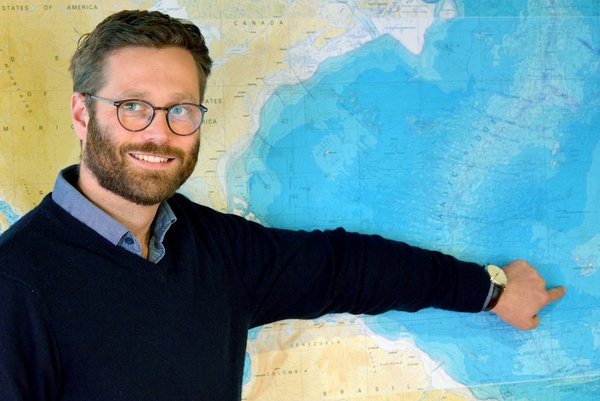
Florian Schütte appointed junior professor at GEOMAR
Dr. Florian Schütte, scientist in the department “Ocean in the Earth System” at the Max Planck Institute for Meteorology, will become junior…
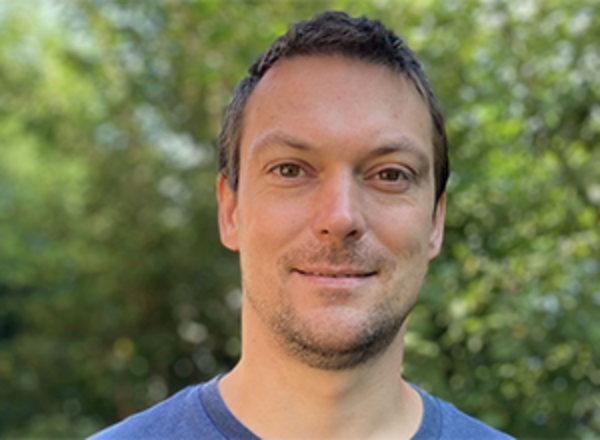
Peter Landschützer appointed research director at the VLIZ in Ostend
Dr. Peter Landschützer, scientist in the department "The Ocean in the Earth System" at the Max Planck Institute for Meteorology (MPI-M) and head of…
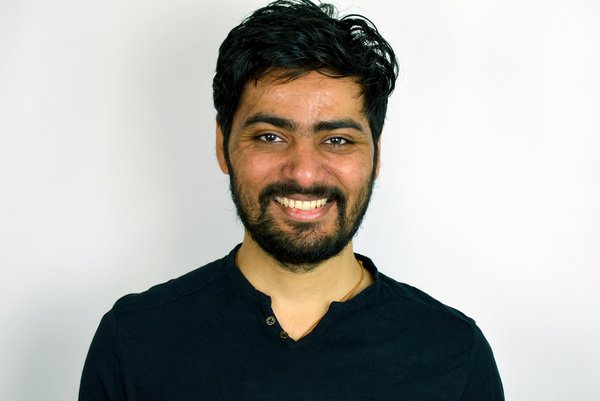
Chetankumar Jalihal wins Roddam Family Medal for best PhD thesis
The Indian Institute of Science (IISc) awarded the Roddam Family Medal for the best PhD thesis in 2020 to Dr. Chetankumar (“Chetan”) A. Jalihal, who…
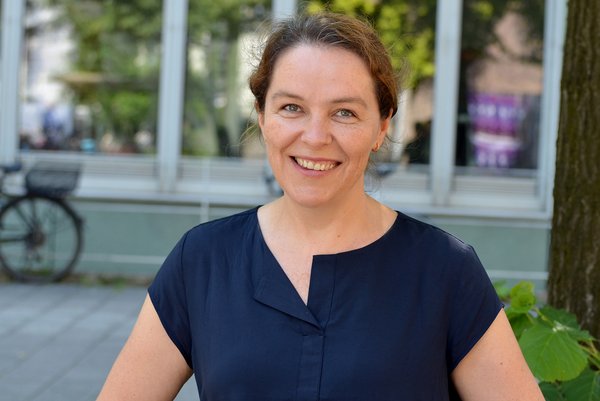
Tatiana Ilyina successfully habilitated at Universität Hamburg
Dr. Tatiana Ilyina, scientist and leader of the group “Ocean Biogeochemistry” at the Max Planck Institute for Meteorology (MPI-M), was awarded her…
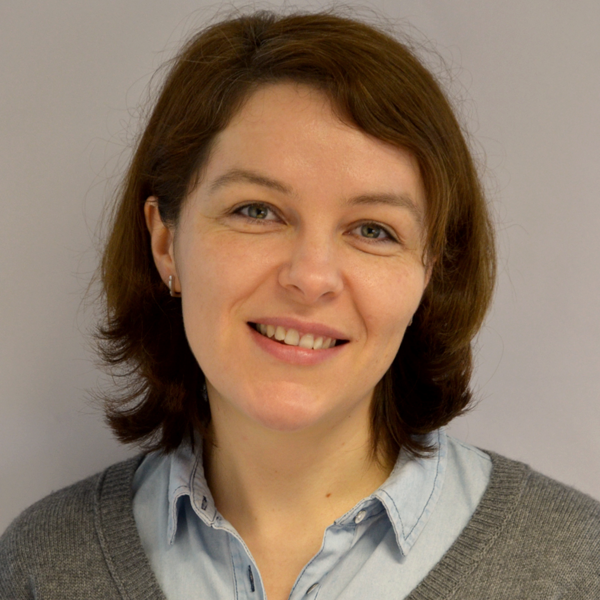
Tatiana Ilyina becoming Co-Chair of Working Group Coupled Modelling in the World Climate Research Program (WCRP)
Dr. Tatiana Ilyina, group leader of the “Ocean biogeochemistry” group in the department “The Ocean in the Earth System”, became co-chair of Working…
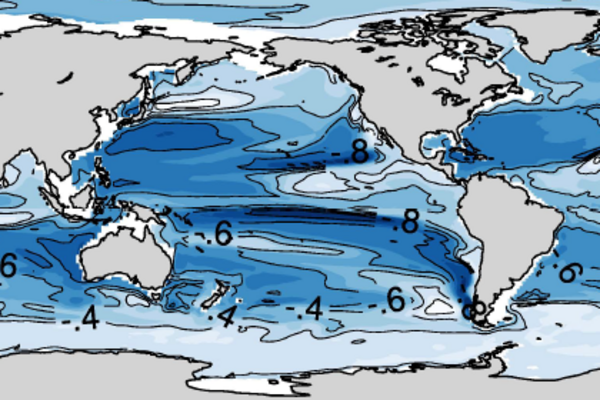
Tracking the fate of anthropogenic carbon in the ocean — Modeling the global 13C-Suess effect
Rising fossil-fuel CO2 emissions deplete the atmospheric concentrations of the heavy carbon isotope 13C. This phenomenon, called the 13C Suess…
![[Translate to English:] [Translate to English:]](/fileadmin/_processed_/f/b/csm_210928_Photo_Tyrlis_d488fea61e.jpg)
Evangelos Tyrlis takes on professorship in Athens
Dr Evangelos Tyrlis, research scientist in the department "The Ocean in the Earth System" of the Max Planck Institute for Meteorology (MPI-M), has…
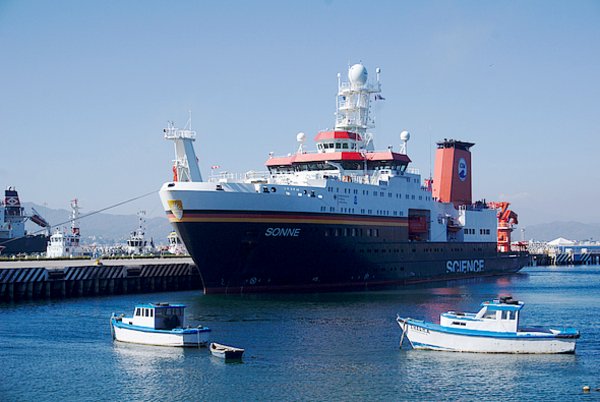
Julia Windmiller co-leads the atmospheric measurements on board RV SONNE
On 27 June 2021, after a 10-day quarantine of the participants, the RV SONNE will set off from Emden under the cruise guidance of Prof. Peter Brandt…
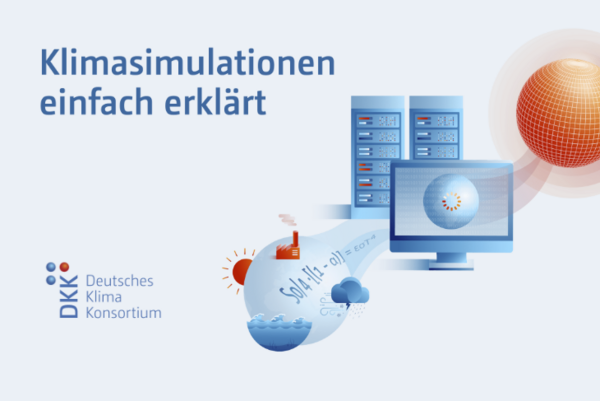
How climate modelling works — Johann Jungclaus involved in establishing new website on climate simulations
Climate neutrality by 2045 is Germany´s goal, and debates on how to get there are in full swing. To achieve it, profound changes are needed. Climate…
